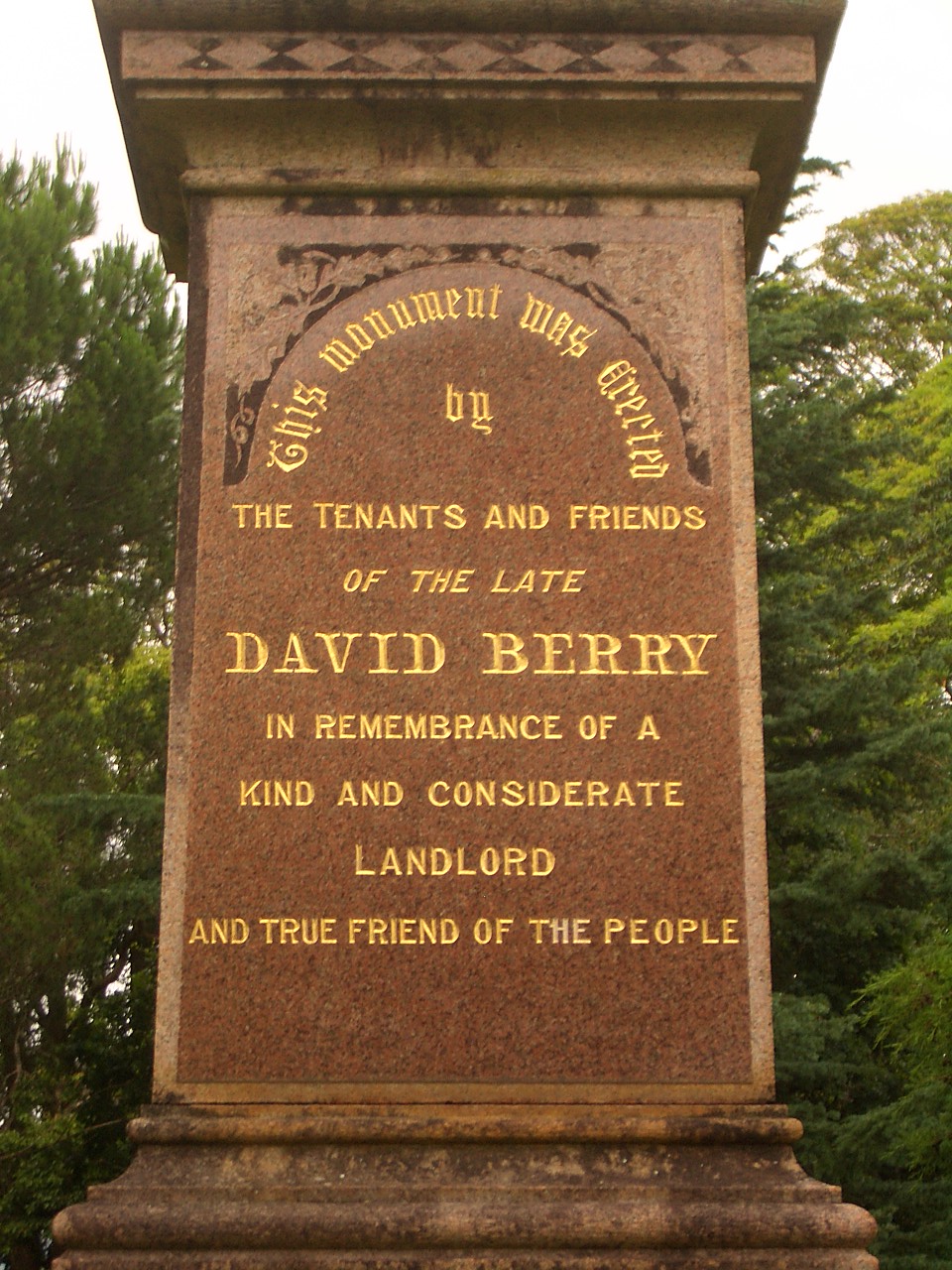|
Lease-by-room
Lease-by-room, also known as individual leasing, is an arrangement whereby a tenant and their roommates pay rent for their own rooms instead of each tenant being equally liable for the rent for the whole apartment. Typically lease-by-room leases are multi-room apartments or townhomes with shared bathrooms and living rooms. What distinguishes lease-by-room leases from joint leases is that tenants take on a lower financial risk, as they will not have to cover if their roommates do not pay rent and they cannot be evicted if their roommates fall behind on payments. Tenant A benefit for renters is that in lease-by-room agreements, a tenant is not liable for damage to roommates' rooms; they are only liable for public spaces and their own room. Potential downsides could include not being able to choose your replacement roommate if someone gets evicted and the lease may cost more per month than typical leases. A study from the University of Florida found that lease-by-room housing is ... [...More Info...] [...Related Items...] OR: [Wikipedia] [Google] [Baidu] |
Renting
Renting, also known as hiring or letting, is an agreement where a payment is made for the use of a good, service or property owned by another over a fixed period of time. To maintain such an agreement, a rental agreement (or lease) is signed to establish the roles and expectations of both the tenant and landlord. There are many different types of leases. The type and terms of a lease are decided by the landlord and agreed upon by the renting tenant. History Various types of rent are referenced in Roman law: rent (''canon'') under the long leasehold tenure of Emphyteusis; rent (''reditus'') of a farm; ground-rent (''solarium''); rent of state lands (''vectigal''); and the annual rent (''prensio'') payable for the ''jus superficiarum'' or right to the perpetual enjoyment of anything built on the surface of land. Reasons for renting There are many possible reasons for renting instead of buying, for example: *In many jurisdictions (including India, Spain, Australia, Unit ... [...More Info...] [...Related Items...] OR: [Wikipedia] [Google] [Baidu] |
Roommate
A roommate is a person with whom one shares a living facility such as a room or dormitory ''except'' when being family or romantically involved. Similar terms include dorm-mate, suite-mate, housemate, or flatmate ("flat": the usual term in British English for an apartment). Flatmate is the term most commonly used in New Zealand, when referring to the rental of an unshared room within any type of dwelling. Another similar term is sharemate (shared living spaces are often called ''sharehouses'' in Australia and other Commonwealth countries). A sharehome is a model of household in which a group of usually unrelated people reside together, including lease-by-room arrangements. The term generally applies to people living together in rental properties rather than in properties in which any resident is an Owner-occupier, owner occupier. In the United Kingdom, the term "roommate" means a person sharing the same ''bedroom''; in the United States and Canada, "roommate" and "housemate" are ... [...More Info...] [...Related Items...] OR: [Wikipedia] [Google] [Baidu] |
Apartment
An apartment (American English, Canadian English), flat (British English, Indian English, South African English), tenement (Scots English), or unit (Australian English) is a self-contained housing unit (a type of residential real estate) that occupies part of a building, generally on a single story. There are many names for these overall buildings (see below). The housing tenure of apartments also varies considerably, from large-scale public housing, to owner occupancy within what is legally a Condominium (living space), condominium (strata title or commonhold) or leasehold, to tenants renting from a private landlord. Terminology The term ''apartment'' is favoured in North America (although in some Canadian cities, ''flat'' is used for a unit which is part of a house containing two or three units, typically one to a floor). In the UK and Australia, the term ''apartment'' is more usual in professional real estate and architectural circles where otherwise the term ''flat'' is u ... [...More Info...] [...Related Items...] OR: [Wikipedia] [Google] [Baidu] |
Financial Risk
Financial risk is any of various types of risk associated with financing, including financial transactions that include company loans in risk of default. Often it is understood to include only downside risk, meaning the potential for financial loss and uncertainty about its extent. Modern portfolio theory initiated by Harry Markowitz in 1952 under his thesis titled "Portfolio Selection" is the discipline and study which pertains to managing market and financial risk. In modern portfolio theory, the variance (or standard deviation In statistics, the standard deviation is a measure of the amount of variation of the values of a variable about its Expected value, mean. A low standard Deviation (statistics), deviation indicates that the values tend to be close to the mean ( ...) of a portfolio is used as the definition of risk. Types According to Bender and Panz (2021), financial risks can be sorted into five different categories. In their study, they apply an algorith ... [...More Info...] [...Related Items...] OR: [Wikipedia] [Google] [Baidu] |
Eviction
Eviction is the removal of a Tenement (law), tenant from leasehold estate, rental property by the landlord. In some jurisdictions it may also involve the removal of persons from premises that were foreclosure, foreclosed by a mortgagee (often, the prior owners who defaulted on a mortgage). Depending on the laws of the jurisdiction, eviction may also be known as unlawful detainer, summary possession, summary dispossess, summary process, forcible detainer, ejectment, and repossession, among other terms. Nevertheless, the term ''eviction'' is the most commonly used in communications between the landlord and tenant. Depending on the jurisdiction involved, before a tenant can be evicted, a landlord must win an eviction lawsuit or prevail in another step in the legal process. It should be borne in mind that ''eviction'', as with ''ejectment'' and certain other related terms, has precise meanings only in certain historical contexts (e.g., under the English common law of past centurie ... [...More Info...] [...Related Items...] OR: [Wikipedia] [Google] [Baidu] |
University Of Florida
The University of Florida (Florida or UF) is a public university, public land-grant university, land-grant research university in Gainesville, Florida, United States. It is a senior member of the State University System of Florida and a preeminent university in the state. The university traces its origins to 1853 and has operated continuously on its Gainesville campus since September 1906. After the Florida state legislature's creation of performance standards in 2013, the Florida Board of Governors designated the University of Florida as a "preeminent university". The University of Florida is one of three members of the Association of American Universities in Florida and is Carnegie Classification of Institutions of Higher Education, classified among "R1: Doctoral Universities – Very high research spending and doctorate production". The university is Higher education accreditation in the United States, accredited by the Southern Association of Colleges and Schools (SACS). ... [...More Info...] [...Related Items...] OR: [Wikipedia] [Google] [Baidu] |
Landlord
A landlord is the owner of property such as a house, apartment, condominium, land, or real estate that is rented or leased to an individual or business, known as a tenant (also called a ''lessee'' or ''renter''). The term landlord applies when a juristic person occupies this position. Alternative terms include lessor and owner. For female property owners, the term landlady may be used. In the United Kingdom, the manager of a pub, officially a licensed victualler, is also referred to as the landlord/landlady. In political economy, landlord specifically refers to someone who owns natural resources (such as land, excluding buildings) from which they derive economic rent, a form of passive income. History The concept of a landlord can be traced to the feudal system of manoralism ( seignorialism), where landed estates were owned by Lords of the Manor ( mesne lords). These lords were typically members of the lower nobility who later formed the rank of knights during ... [...More Info...] [...Related Items...] OR: [Wikipedia] [Google] [Baidu] |
Homelessness
Homelessness, also known as houselessness or being unhoused or unsheltered, is the condition of lacking stable, safe, and functional housing. It includes living on the streets, moving between temporary accommodation with family or friends, living in boarding houses with no security of tenure, and people who leave their homes because of civil conflict and are refugees within their country. The legal status of homeless people varies from place to place. Homeless enumeration studies conducted by the government of the United States also include people who sleep in a public or private place that is not designed for use as a regular sleeping accommodation for human beings. Homelessness and poverty are interrelated. There is no standardized method for counting homeless individuals and identifying their needs; consequently, most cities only have estimated figures for their homeless populations. In 2025, approximately 330 million people worldwide experience absolute homelessness, lac ... [...More Info...] [...Related Items...] OR: [Wikipedia] [Google] [Baidu] |
Rooming House
A rooming house, also called a "multi-tenant house", is a "dwelling with multiple Lease-by-room, rooms rented out individually", in which the tenants share kitchen and often bathroom facilities. Rooming houses are often used as housing for low-income people, as rooming houses (along with single room occupancy units in hotels) are the least expensive housing for single adults. Rooming houses are usually owned and operated by private landlords. Rooming houses are better described as a "living arrangement" rather than a specially "built form" of housing; rooming houses involve people who are not related living together, often in an existing house, and sharing a kitchen, bathroom (in most cases), and a living room or dining room. Rooming houses in this way are similar to group homes and other roommate situations. While there are purpose-built rooming houses, these are rare. Condition A study of rooming houses in Ottawa, Ontario, in 2016 found that "many units are in very poor conditi ... [...More Info...] [...Related Items...] OR: [Wikipedia] [Google] [Baidu] |
Leasehold Estate
A leasehold estate is an ownership of a temporary right to hold land or property in which a lessee or a tenant has rights of real property by some form of title from a lessor or landlord. Although a tenant does hold rights to real property, a leasehold estate is typically considered personal property. Leasehold is a form of land tenure or property tenure where one party buys the right to occupy land or a building for a given time. As a lease is a legal estate, leasehold estate can be bought and sold on the open market. A leasehold thus differs from a freehold or fee simple where the ownership of a property is purchased outright and after that held for an indeterminate length of time, and also differs from a tenancy where a property is let (rented) periodically such as weekly or monthly. Terminology and types of leasehold vary from country to country. Sometimes, but not always, a residential tenancy under a lease agreement is colloquially known as renting. The leaseholder can r ... [...More Info...] [...Related Items...] OR: [Wikipedia] [Google] [Baidu] |
Tenants Union
A tenants union, also known as a renters' union or a tenants association, is a group of tenants that collectively organize to improve the conditions of their housing and mutually educate about their rights as renters. Groups may also lobby local officials to change housing policies or address homelessness. Definitions In 1966, Schwartz and Davis defined a tenant union as "an organization of tenants formed to bargain collectively with their landlord for an agreement defining the parties' mutual obligations. In 2024, Baltz defined ''tenant associations'' as groups of tenants, generally in the same building or development, who organize to collectively advocate against their landlord and ''tenant unions'' as membership-based organizations who collectively organize across properties or geographic regions. Tenant associations are often formed in buildings where tenants are agitated over evictions, rent increases, conditions, or treatment. They may operate independently in a single ... [...More Info...] [...Related Items...] OR: [Wikipedia] [Google] [Baidu] |



